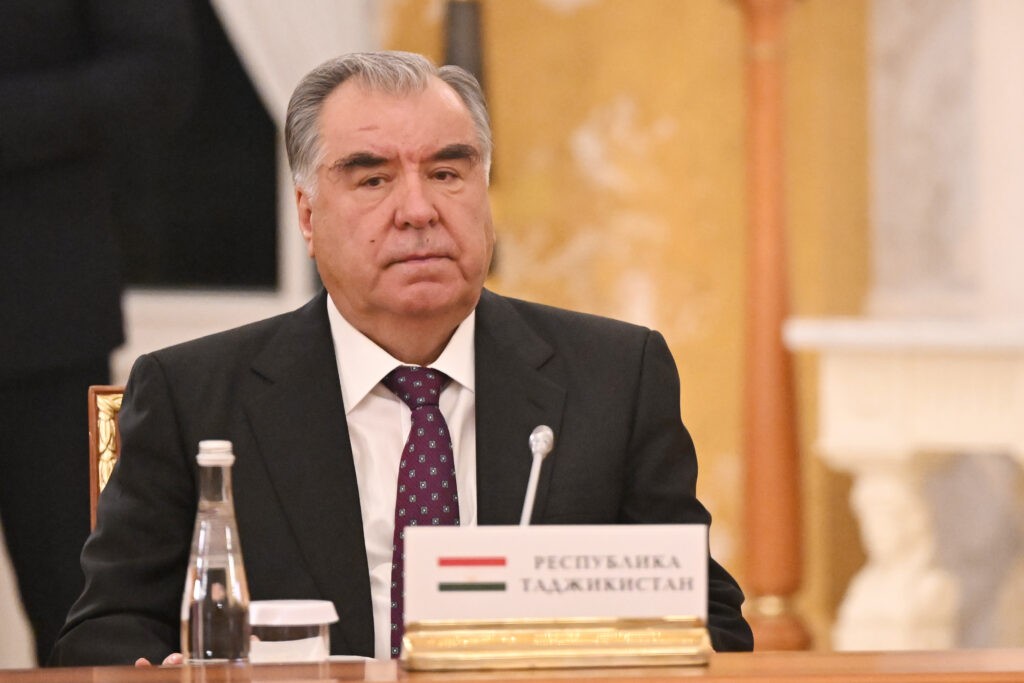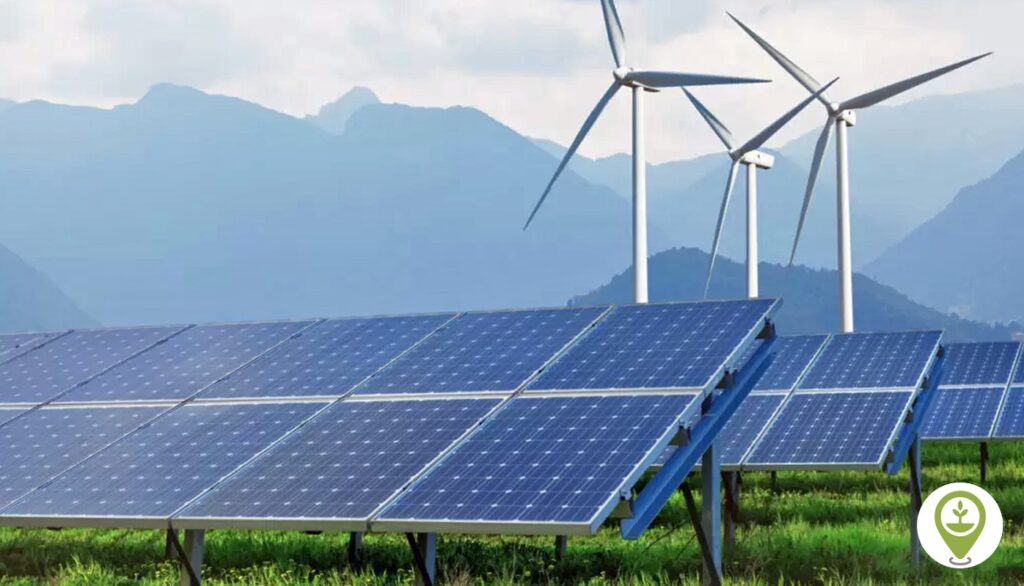Snow Leopard Becomes National Symbol of Kyrgyzstan
On December 30th, Kyrgyz President Sadyr Japarov signed a Decree “On recognizing the snow leopard as a national symbol of the Kyrgyz Republic,” the presidential press service has reported. The snow leopard has the status of a rare or endangered species in 12 countries. This animal is an indicator of the stability and health of the mountain ecosystem, which occupies a third of the globe. The loss of snow leopards from the wild would risk upsetting the delicate ecological balance, which would have detrimental effects on various animal species and humans. “In the culture of the ancient Kyrgyz people, the snow leopard personified greatness, nobility, courage, courage and endurance. Therefore, according to legends, the leopard was the totem animal of the great Manas,” the presidential press service reported. The poem "Manas" is one of the greatest works of Kyrgyz folklore, and is included in the list of masterpieces of the oral and intangible cultural heritage of humanity by UNESCO, as well as in the Guinness Book of Records as the most voluminous epic in the world. Kyrgyzstan is an active participant in global wildlife conservation programs. At the first International Forum on Snow Leopard Conservation in Bishkek in 2013, with the support of representatives of 12 snow leopard range countries and the international community, the Bishkek Declaration on the Protection of the Snow Leopard was unanimously adopted and the Global Snow Leopard and Ecosystem Protection (GSLEP) Program was approved. In order to further state support for initiatives to preserve the snow leopard and its ecosystem in the Kyrgyz Republic, the presidential decree instructed the Cabinet of Ministers of the Kyrgyz Republic to take measures to protect the snow leopard population and as its ecosystem, and to take measures to popularize the new national symbol.








